I can’t pretend that there was anything other than good fortune involved in me taking a proper interest in sport back in 1990.
In March of that year, my father took me to see Cork City play Shamrock Rovers in the FAI Cup; it would be a one-off for that season but we went regularly during the following campaign as City came agonisingly close to winning the League of Ireland.
Before all of that, though, there was a glorious summer where the Republic of Ireland won the World Cup (despite the history books erroneously attributing it to West Germany) – Nana Hurley gave me an Ireland shirt for my sixth birthday and I can still recall the smell of the polyester.
On top of all of that, Cork claimed the All-Ireland hurling and football double. I was lucky enough to be present in Croke Park for the final wins over Galway and Meath respectively, never even considering that one day I might ghost-write the autobiography of football captain Larry Tompkins.
That autumn, I also found time to start following the fortunes of Arsenal, an affliction inherited from my father, a supporter since 1969. While I don’t wish to claim too much credit, the Gunners went on to win the English league title in that 1990-91 season – some of it must have been down to whatever moondust I was casting over all of my teams. Even Cork Constitution won the inaugural All-Ireland League that year.
Of course, I learned quickly enough that my support sometimes wasn’t enough to guarantee success for my favourite teams and sportspeople – Nick Faldo coming second to Greg Norman in the Open Championship on my ninth (and his 36th) birthday in 1993 brought that fact home.
My various teams have had their ups and downs over the years and currently they are closer to down than up. Work commitments have meant a large dose of objectivity where Cork City and the Cork GAA teams are concerned – while I was lucky enough to be present in Páirc Uí Chaoimh for Mark Keane’s last-gasp goal for Cork against Kerry last November, I couldn’t celebrate it as I was trying to note what happened and rewrite three different match reports on a tight deadline.
As a result, attending Arsenal matches – as well as the occasional Munster rugby game – has allowed me to indulge my partiality. The current season, and the Covid-19-interrupted 2019-20 one, have been poor by the standards set in recent times but that’s football and that’s sport.
Super League
At the time of writing, Arsenal are in ninth place in the Premier League. It’s not where they “should” be, but neither can it be said to be a misrepresentation at this point in time. They are certainly not worthy of a place in the newly proposed closed-shop European Super League but, realistically, no team is.
The genius of soccer’s expansion as a global game is the fact that it is the ultimate meritocracy – theoretically, any team could make it to the summit. It never has been about the self-appointed elite cordoning themselves off from the rest in the ultimate act of greed.
Thankfully, it seems that the prevailing view from supporters of the clubs involved is to be aghast at such a development and it could be the cast that it’s a power-play in order to ensure concessions from UEFA, but it’s proof of a growing gulf between what fans perceive their clubs to be and what they really are. If the European Super League does become a reality, many supporters will be left disenchanted.
GAA plans
In such a light, the utilitarian qualities of the GAA are cast in stark relief. Sometimes, the “They’re all amateurs, isn’t it great?” schtick can be a bit too self-congratulatory, but let’s be honest, your local schoolteacher or bank official isn’t going to up sticks and set up a super-league.
Or at least, not in the conventional sense, but one always has to be wary of the potential for a schism between the club and inter-county elements. Not unlike top-level soccer, the elite minority represent the main money-makers and so the tail can sometimes wag the dog.
A fixtures programme that suits all will never be found and so it’s a case of engineering a least-worst solution. Covid-19 considerations helped the GAA to luck into something that was acceptable to most parties last year as the two seasons were split, clubs first and counties second, and it will be a similar scenario this time round, albeit with the order reversed.
The hope is that things will run smoothly, but the delicacy of the pandemic situation shouldn’t be taken lightly.
With the start of the club championships (and resolution of some 2020 competitions) dictated by the county season and deadlines for completion imposed so that the provincial club games can start in late autumn, something could be forced to give.
The notion of county players being sequestered from their clubs goes against everything the GAA stands for and would be seen as a worst-case scenario, but it shouldn’t be forgotten that, after rugby went professional, top players initially combined playing for their provinces in the Heineken Cup with lining out for their clubs in the All-Ireland League.
The formation of the Celtic League, now the Pro14, was the catalyst for the switch. While it was easy for the IRFU to enter provincial sides into this new league with no relegation – like the proposed European Super League in soccer – Scotland and Wales had to create franchises by combining historic clubs and not always managing to get the supporters of those clubs to throw their weight behind the new entities.
Such a situation is unlikely in the GAA, but at same time, we should be sure to never take for granted what we hold dear.




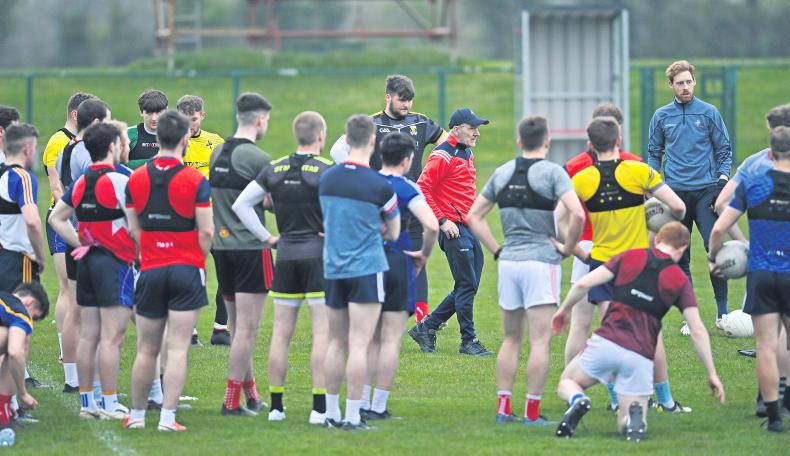
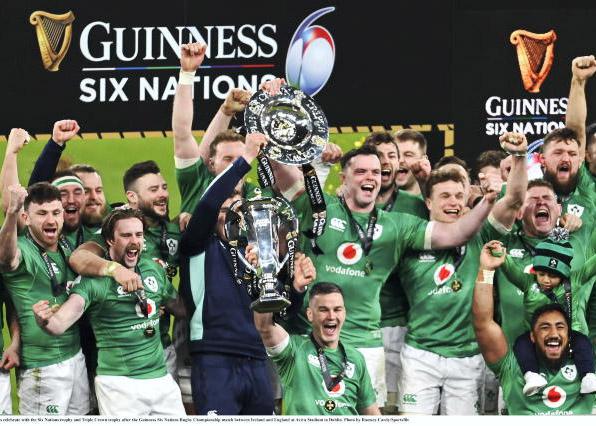

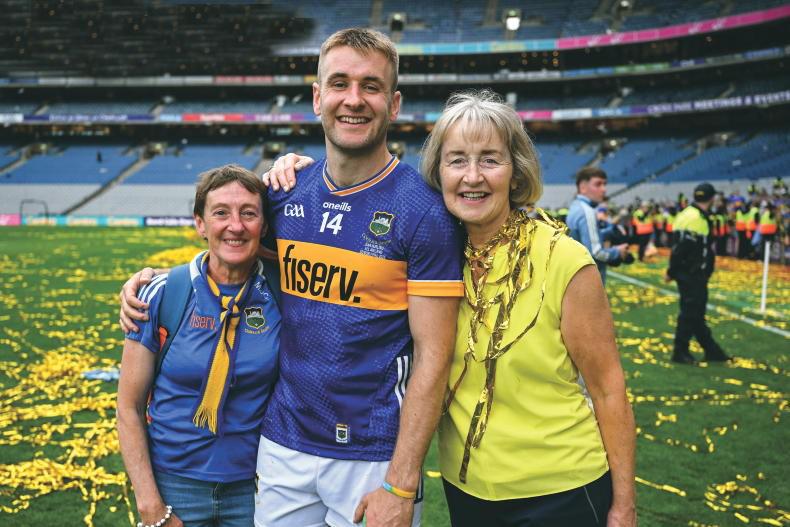
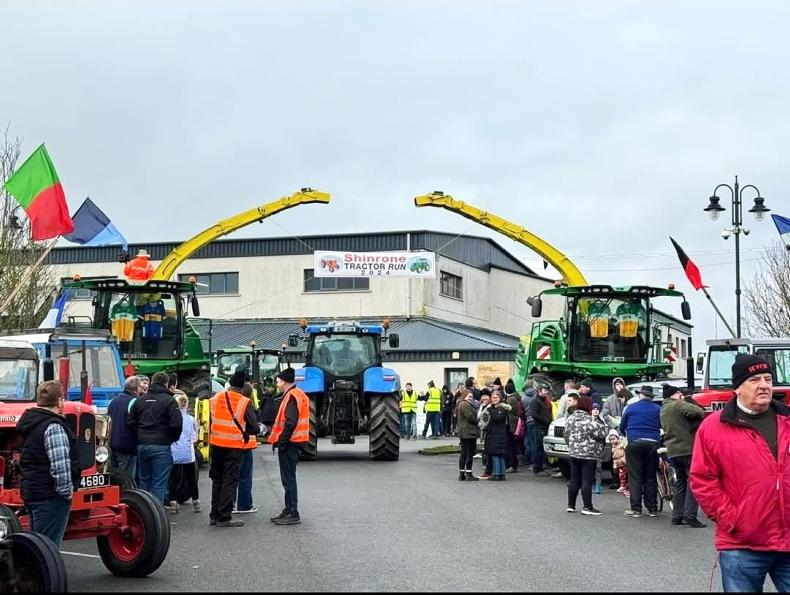
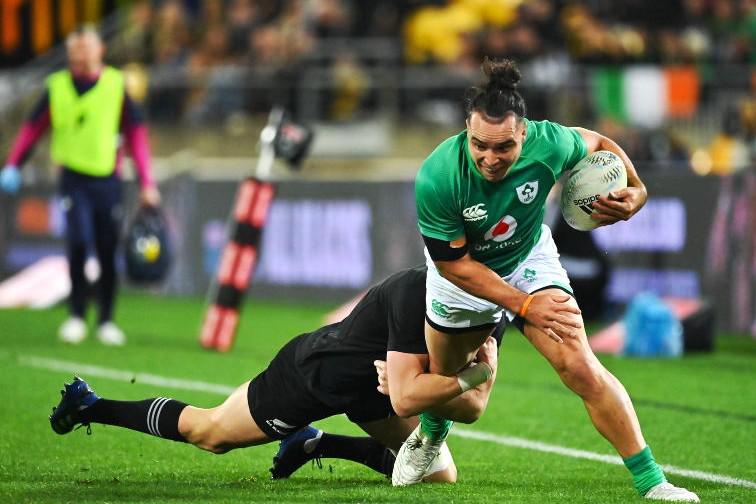
SHARING OPTIONS